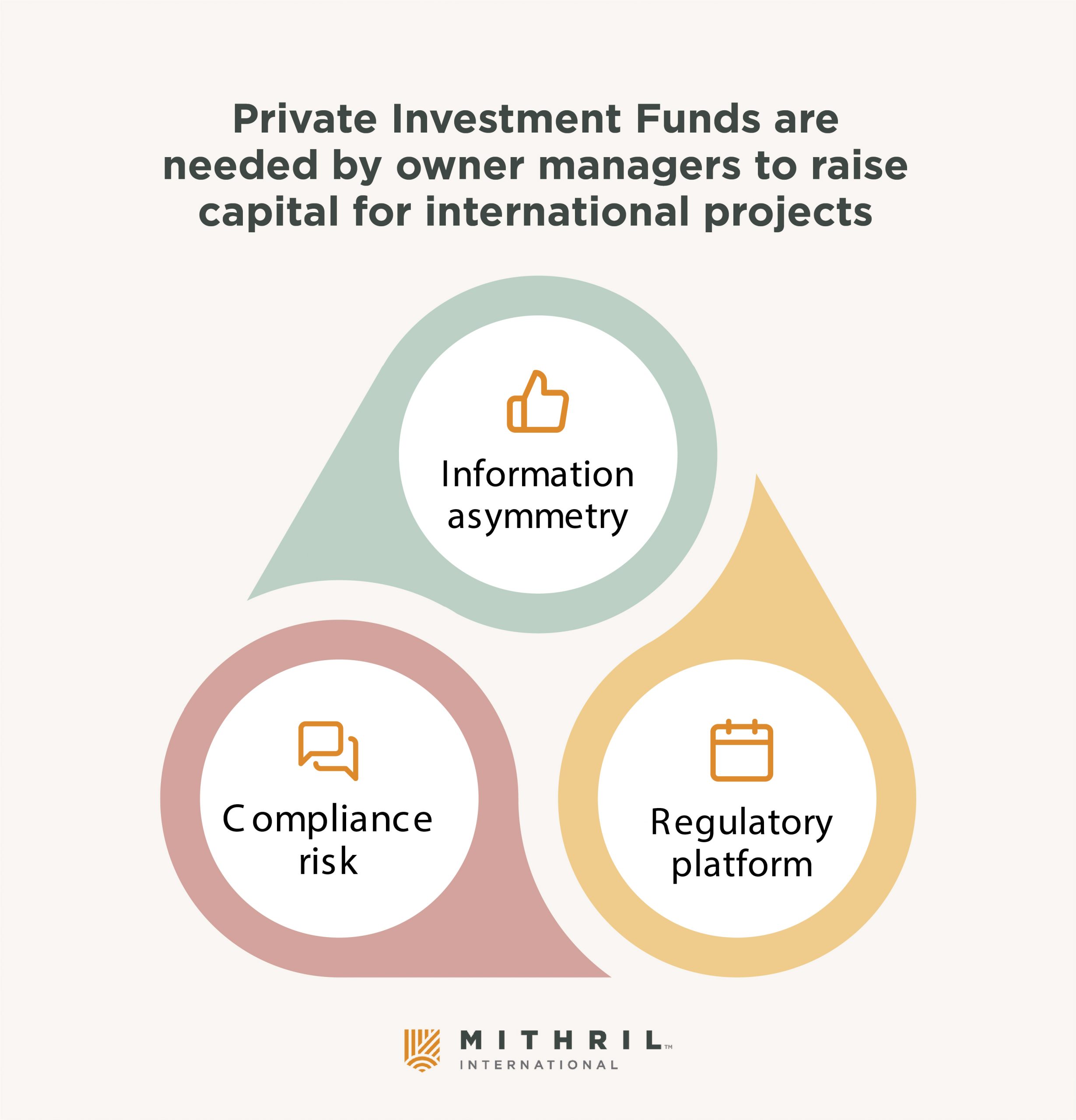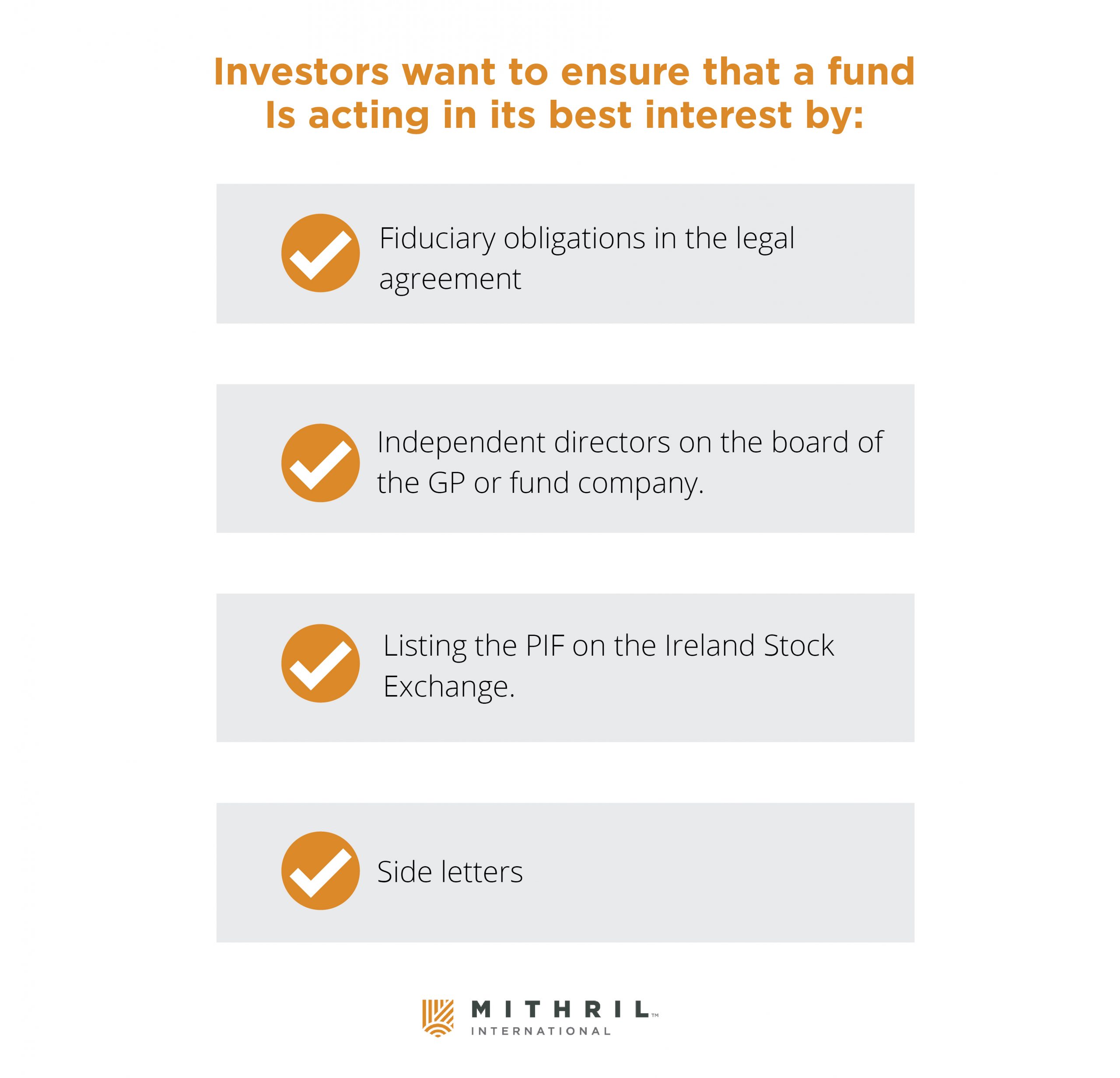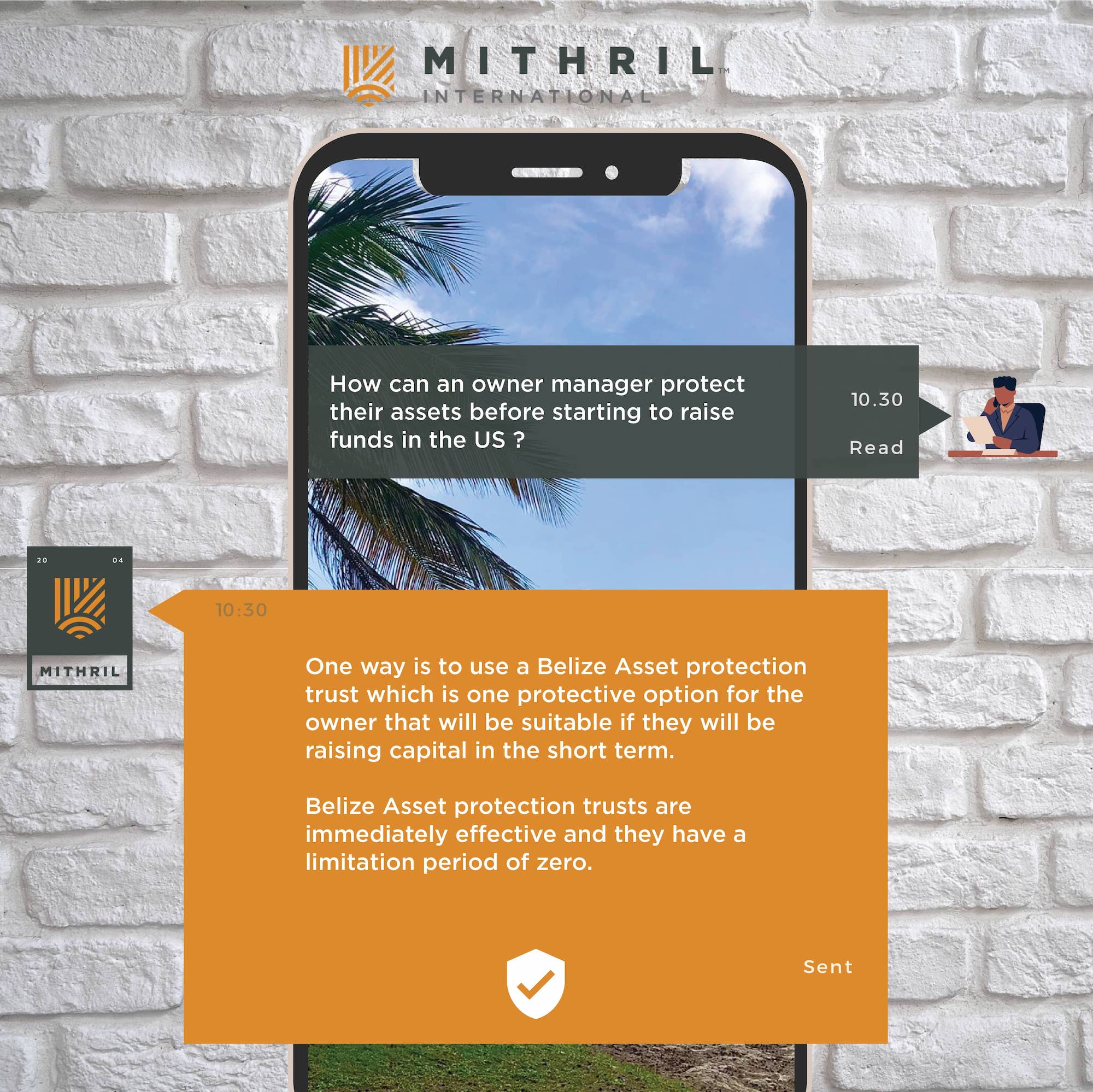Why should an international owner manager NOT publicly list a Canadian holding company to raise capital from international investors?
One of the main reasons for publicly listing a company is to enable institutions to invest in that company. Pension funds and other large regulated financial institutions can only invest in publicly listed securities. Unless you have institutional investors ready to invest in your project, a publicly listed company is not the best international fundraising mechanism for owner-operators. If you are an owner-manager or operator and are going to be raising funds from accredited investors that are not institutional, a Private Investment Fund may be a better way to go. When a business is large enough that it is run by professional management, it is then suitable to list the company publicly enabling that company to raise capital from institutions.
- If you are an owner operator, building a family business, or are the “key man” and are building a company using your talents and relationships – you cannot be replaced by professional management.
- If you list a company, you will have to have an independent board of directors. They will be involved in the decision-making process of the company. Sometimes after companies list, the founder can be replaced or will not be CEO in the first place. Most founders do not find this to be an acceptable risk.
- There are thousands of listed shell companies in Canada and the UK, two of the most popular destinations for listing “small play” mining and oil & gas projects. Some of these publicly listed companies have projects that ground to a standstill sometimes due to the loss of the owner-operator who ran into conflict or could not agree with the independent board.
However, if you are a true owner operator and there are thousands and thousands of you, the publicly listed company is not the universal solution to being able to raise capital in the US and Canada for “small play” international projects. Private Investment Funds are better for owner managers to raise funds for international businesses.
 The reason people list companies is similar to the reasons why Private Investment Funds are needed by owner managers to raise capital for international projects:
The reason people list companies is similar to the reasons why Private Investment Funds are needed by owner managers to raise capital for international projects:
- Information asymmetry
- Compliance risk
- Regulatory platform – to be able to raise capital from regulated financial institutions.
The international private investment fund enables an owner-manager to address the protection requirements of U.S. and International accredited investors, while the owner-manager remains in control of the overall structure including the operational project in the local operating company. The owner-manager has more tools to deliver returns for investors, which is what they want in exchange for their capital while having transparency and investor protection.
Summary of reasons for not using a publicly listed company
- A listed company results in the owner-operator losing control.
- There are high costs to list and maintain a listing.
- In addition, you will have to disclose all your relationships, business dealings, and plans to the public domain.
- When you list your company, all information about your business becomes public. This can be disadvantageous if you have unique or proprietary processes or products. By using a private investment fund, you can keep your business model and strategies confidential.
- Listed companies are often valued at a discount to their underlying assets, whereas private funds can command a premium.
- Listed companies typically have less control over their own destiny than private funds. This can make it difficult for an owner-manager to execute your strategy and maintain a long-term vision for your business.
For an owner-operator who wants to protect their business model and not give away their competitive advantage, this is a deterrent.
By contrast, private investment funds with regulated fund managers offer investors a number of advantages:
- Firstly, owner-managers can maintain control of the fund without sacrificing investor protection.
- Secondly, investors in private funds are typically only required to disclose their identity to the fund manager, meaning that they can remain anonymous if they wish.
- Finally, regulated fund managers have a fiduciary duty of care to their investors, meaning that they are required to act in their best interests.
Reasons an owner-manager should use an International Private Investment Fund
- It enables you as the owner-operator to maintain control.
- It keeps your business model and strategies confidential.
- You will not be encumbered by the high costs of a listed company.
- Fundraising through a fund can be more efficient than going public since you only need to market to a limited number of investors.
Private investment funds with regulated alternative investment fund managers offer a more flexible and attractive option for owner-managers looking to raise capital.
Balancing Investor protection and owner control.
We have now established that Private Investment Funds are a better option for owner managers to keep control of their business while they generate returns and value. But it is important to note that Investors are more concerned with whether the fund manager ( the owner operator) is always going to be incentivized to act in the best interest of the fund and its investors. Some of the ways investors achieve this are:

- The fiduciary duties the fund manager has to investors.
The main duty the Latin American owner-manager may not be familiar with is the fiduciary duty which is based on the law of equity and common law. Some states like Florida and Delaware both have statutory fiduciary obligations of care, loyalty, and prudential administration. These statutory duties are very strong and act to protect the investors if situations of negligence or fraud arise. This is why Latin American owner-managers use Canadian or Barbados Limited partnerships. US LPs would be used for US investors. The US, Canada, and Barbados are all common law jurisdictions and have the law of equity.
- Asset protection for the owner.
In relation to the duty not to be negligent and fiduciary duty, the owner should consider establishing an asset protection trust for your family assets before you start to raise funds in the US. As owners know in business, sometimes things go wrong. Investors in the U.S. will see if there is loss and perceived negligence. There are many Asset protection trusts including Nevada and South Dakota, and if the owner is going to raise capital in the short term. For example, Belize Asset protection trusts are immediately effective as they have a limitation period of zero.

- Independent directors on the Board of GP.
We assume the PIF will consist of the US or Canadian LP or a Bahamas SMART fund if the owners are Brazilian. The GP will therefore have a board as it will be a limited corporation. The GP board will make decisions, and ratify the strategic decisions of the GP. Independent directors will be seen by investors as increasing transparency and protection against the fund manager acting other than in their best interests. The owner does not want to stack the board of the GP with a majority of independent directors as this could lead to conflict and restrict the ability of the owner to operate and do what is necessary.
For an owner-manager raising fund for an international project, an international private investment fund is better than a publicly listed company because:
- The listed company results in the owner-operator losing control,
- There will be no need to disclose all information to the public domain.
As the owner-manager of a business, you want to have as much control over your company as possible. When you go public, you lose a certain amount of control because you have to answer to shareholders and independent board members. With an international private investment fund, you can maintain full control over your business.
So, if you’re looking for a more efficient, flexible, and private way to raise capital, a private investment fund with a regulated asset manager is the way to go. This will give you more flexibility, control, and access to capital.


Leave a Reply